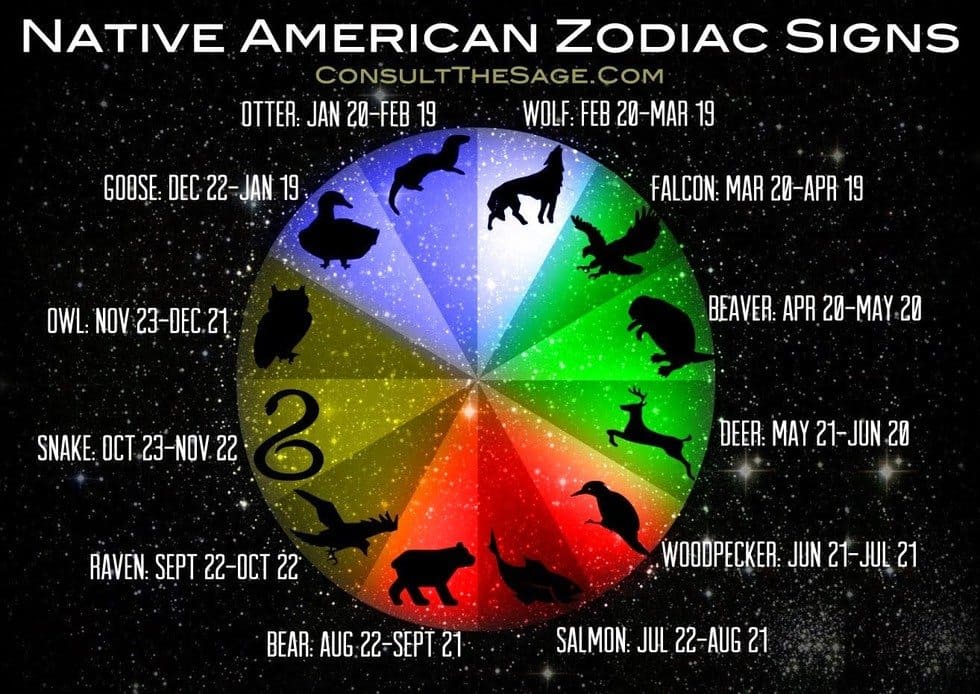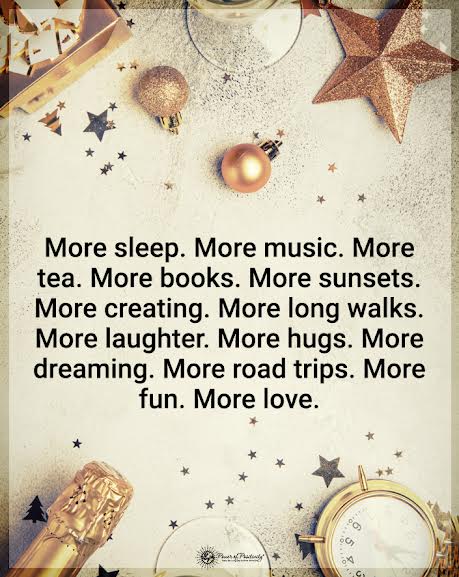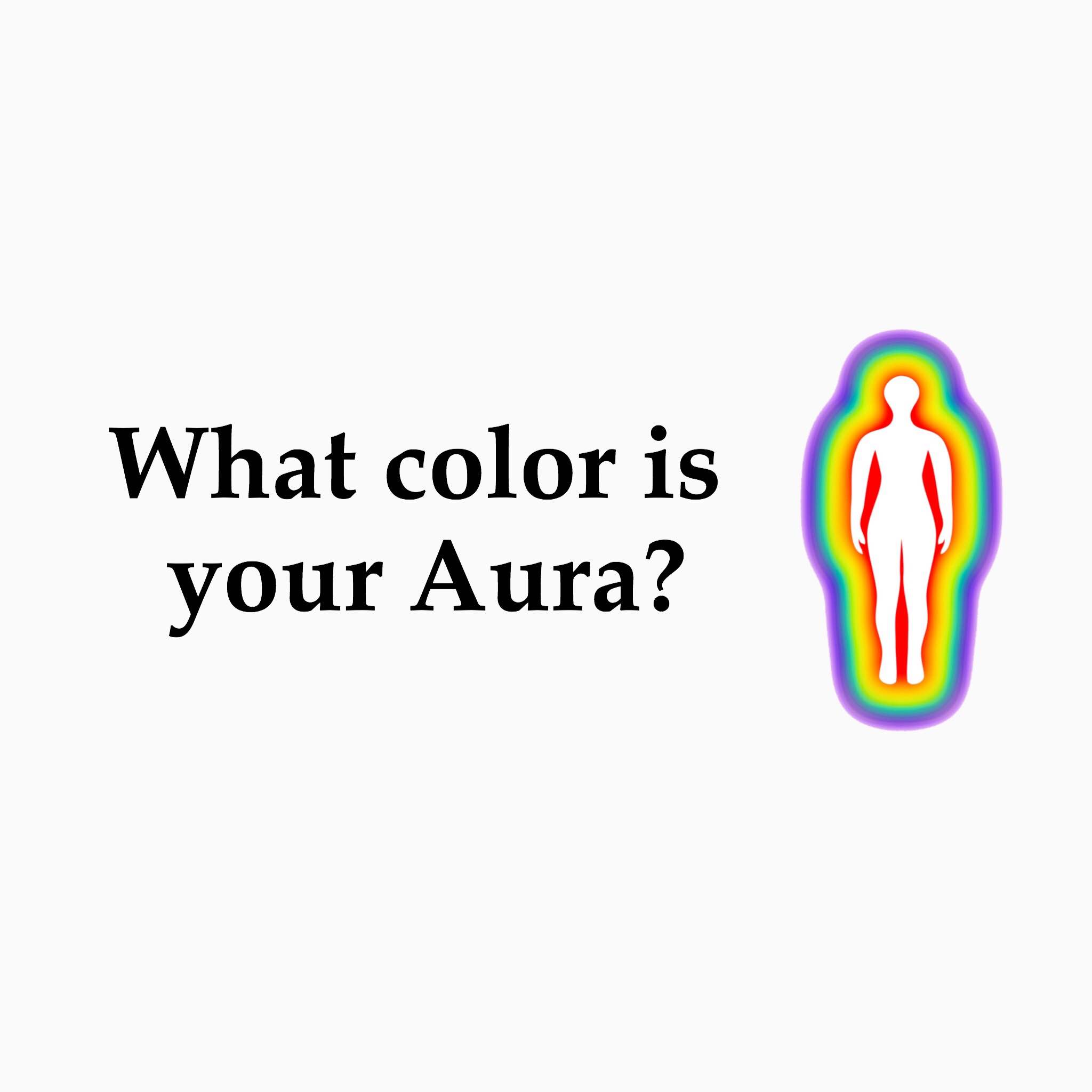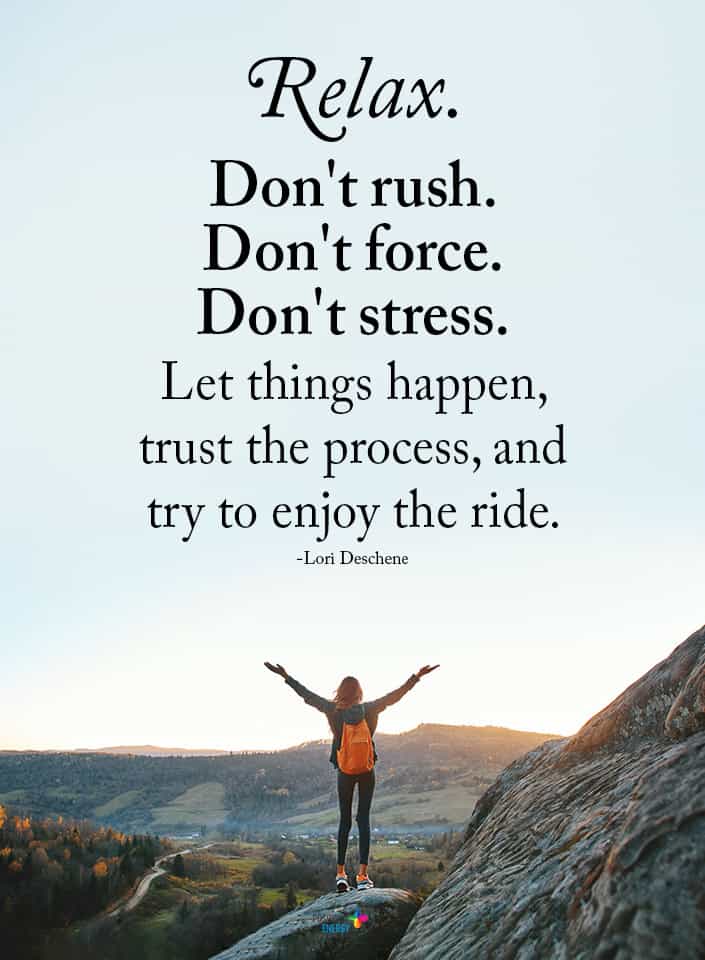Native Americans have always been greatly connected to the Earth and all the creatures that inhabit it. They also believe in an animal birth totem, or the spirit animal that guides you through life based on your birth date. Each sign’s birth animal can provide insight into one’s personality, life path, and other essential aspects of our existence here on Earth.
So, what is your animal sign, and what does it mean?
Otter (Jan 20 – Feb 19)
Otters have a spunky, eccentric personality. On the other hand, they also excel at solving problems, and will never give up until they have an answer. Many people find them hard to read, but this doesn’t bother the otter. They see the world through a unique lens, and don’t care what anyone else thinks about them. Otters constantly crave freedom and adventure, but have a more gentle, empathetic side as well.
Wolf (Feb 20 – March 19)
The complex, mysterious wolf likes to sit back and watch the world around them, simply observing and taking notes. They can be hard to get close to, as they tend to hide their emotions and only show people certain parts of themselves that they feel comfortable with. Highly creative, intelligent, and artistic, the wolf spends much time in solitude, perfecting his craft. The phrase “lone wolf” comes from here, as they are fiercely independent.
Falcon (March 20 – April 19)
This animal represents the sign Aries, a fiery, independent, dominant sign. Falcons like to oversee a situation, leading the way the entire time. They don’t like to be controlled or bossed around, and don’t take it very well when people try to tame them. Falcons dive into a new project or business idea headfirst, without doing much observing or thinking beforehand. They can come off as brash and intolerable, but they have a good heart underneath their stubborn, boisterous personality.
Beaver (April 20 – May 20)
The beaver possesses a strong work ethic, not quitting a job until it’s done. They can be stubborn, however, and not listen to other people’s input about a situation. They are loyal, honest people, and you can always count on them to follow through. They have a level head, and think in terms of practicality and logic.
Deer (May 21 – June 20)
Despite the deer’s docile nature, they can also be sociable and highly likable. They move quickly, never stopping until they reach their destination. Deer are amiable and light-hearted, but can also have a totally opposite personality, crawling into their shell and wanting to be alone at times. This behavior goes along perfectly with a Gemini, whose birthday falls between the dates listed above.
Woodpecker (June 21 – July 21)
Persistent, dedicated, and courageous are just a few words to describe the noble woodpecker. They might be small, but they pack a big punch. Woodpeckers make their presence known when they walk into a room, but they aren’t arrogant by any means. In fact, quite the opposite is true. They are humble, gentle, and extremely caring, always putting others before themselves. However, when people don’t meet their expectations, they can get easily hurt.
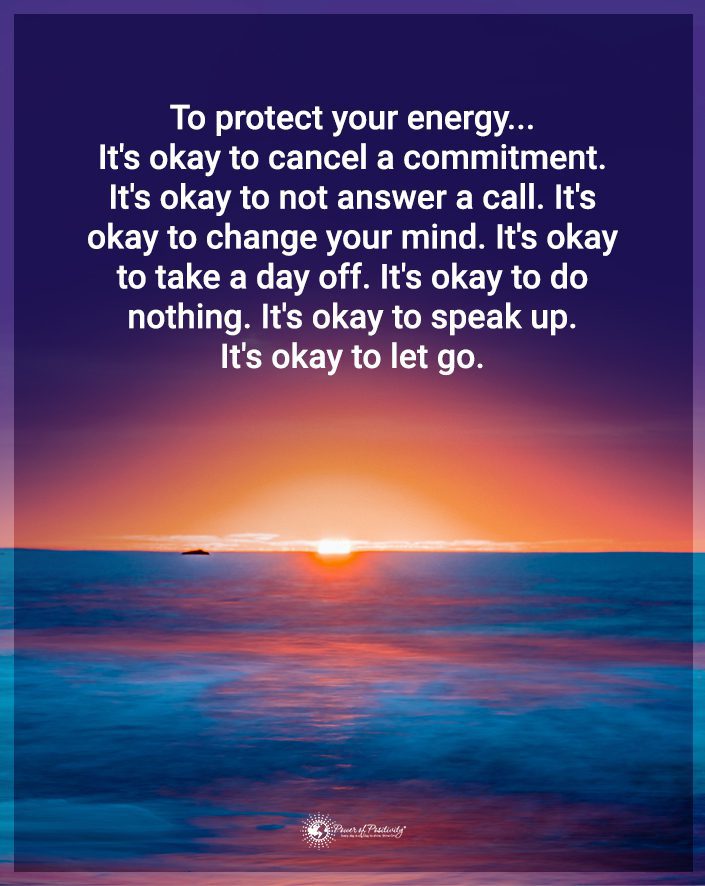
Salmon (July 22 – Aug 21)
The salmon has a big personality, and naturally lights up a room when they walk into it. They don’t mind having the spotlight on them, and actually prefer it. Very talented, intelligent, and gregarious, the salmon needs big goals and dreams to set their sights on, otherwise they might fall into bad habits and stagnation. They enjoy having upbeat, positive people to surround themselves with, preferably who also have their sights on a huge dream.
Bear (Aug 22 – Sept 21)
Logical, analytical, and straightforward describe the courageous, mighty bear perfectly. Bears have a great deal of patience, and will remain loyal to you no matter what. While a bear might have a bad temper underneath their quiet disposition, they rarely show this side of themselves.
Raven (Sept 22 – Oct 22)
Ravens have an innate way of creating the perfect balance in their lives, and therefore help others to feel more balanced, as well. They don’t tolerate injustice or bullying, always standing up for what’s right. While they too have a quiet demeanor, they know what they want in life, and don’t ever hesitate to go after it. They have a very eloquent way of speaking, appearing calm and cool even when they feel a whirlwind churning inside them.
Snake (Oct 23 – Nov 22)
Snakes might have a bad reputation, but don’t judge them before you get to know them. They can appear aloof and sneaky, but they have big hearts. You have to peel back their layers to understand them better. They are highly sensitive, creative people, but don’t hurt them – they have a tendency to get revenge whenever people do them wrong.
Owl (Nov 23 – Dec 21)
Owls seem to have a split personalities. While they do possess great wisdom, strength, and patience, they can also be flighty and unstable. They also have a hard shell, and it’s not easy to penetrate unless you have patience with them. Owls are serious yet warm and friendly. They don’t like to stay in one spot too long, always wanting to leave to get some fresh air and a new adventure under their wing.
Goose (Dec 22 – Jan 19)
Geese are some of the hardest workers of the animal signs, and often consume themselves with work so much that they neglect other aspects of their life. They are not easily swayed by other people’s opinions, but enjoy trying to persuade others to accept and believe theirs. One of their biggest fears in life is failure, so they immerse themselves in their work to make sure that doesn’t happen to them.

